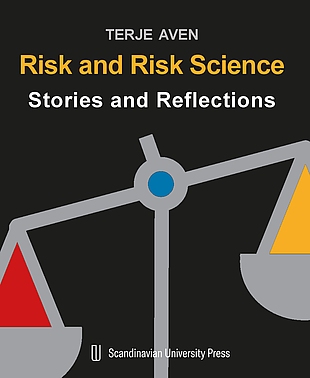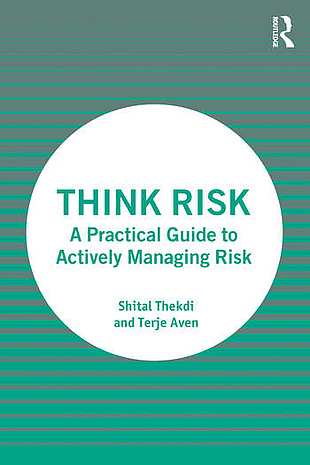Some New Books on Risk by Professor Terje Aven
Here are three new books on risk.
The first is a textbook on risk science. It covers the fundamental concepts, principles, approaches, methods and models for how to understand, assess, communicate, manage and govern risk. These topics are presented and examined in a way which details how they relate, for example, how to characterize and communicate risk with particular emphasis on reflecting uncertainties; how to distinguish risk perception and professional risk judgments; how to assess risk and guide decision-makers, especially for cases involving large uncertainties and value differences; and how to integrate risk assessment with resilience-based strategies. The text provides a variety of examples and case studies that relate to highly visible and relevant issues facing risk academics, practitioners and non-risk leaders who must make risk-related decisions.
And here are five short videos about risk conceptualization and characterization, risk assessment, risk perception and communication, risk management, and risk science based on this book.


The second book is titled Risk and Risk Science - Stories and Reflections.
This book is a collection of stories and reflections on risk and risk science. The aim is to give the reader knowledge about how risk intervenes in our lives and society, and how risk science can help us understand, analyze, communicate, and handle risk. It is easy to read.
The third book is titled 'THINK RISK - A practical guide to actively managing risk' Shital Thekdi is the first author. It is a contemporary risk science book written for managers and professionals working with risk in all sectors and types of applications. It covers themes like a) the main goals and strategies for understanding and managing risk; b) how readers can inform their risk stances by considering their own individual values and mission; c) the difference between risk and safety, and how that difference is critical for managing the risk; d) the role of psychological factors when understanding and managing the risk; e) the role of communication when understanding and managing the risk; and f) the general importance and incentives for effectively understanding and managing the risk.
And it is also easy to read.
